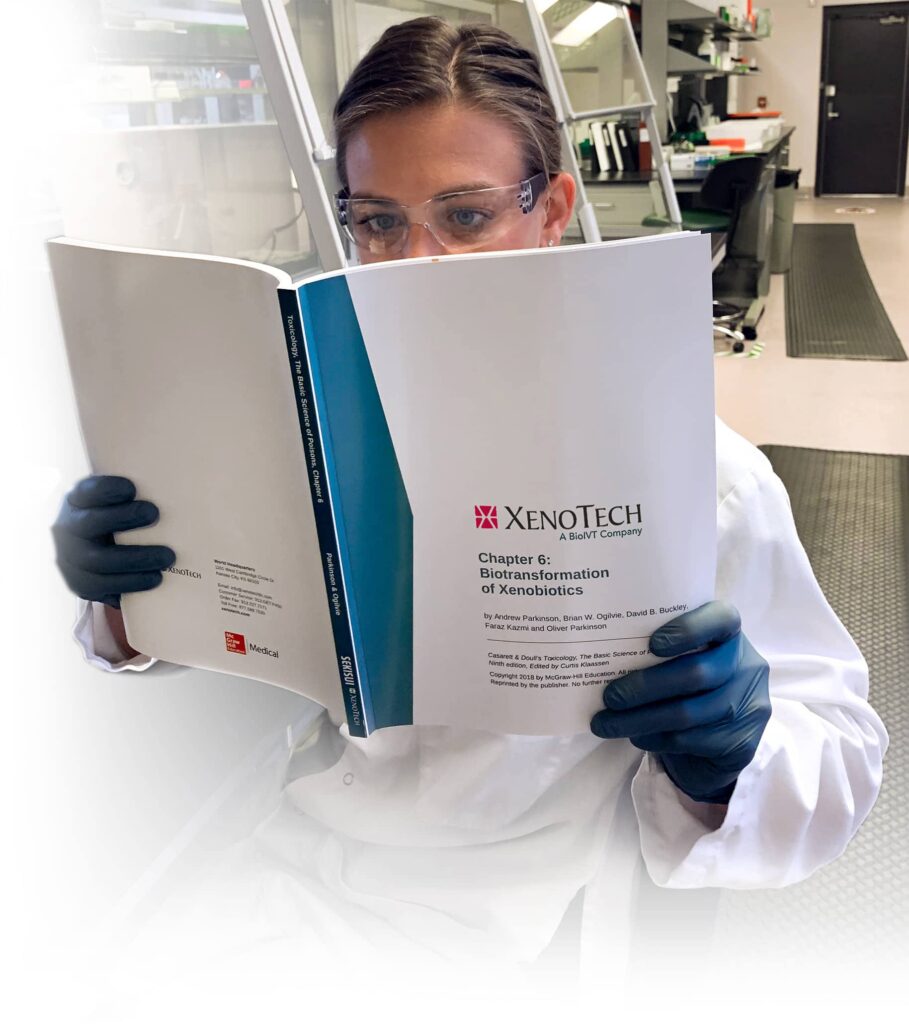
Activator Protein-1 Regulation of Murine Aldehyde Dehydrogenase 1a1
N. L. Makia, I. Amunom, K. C. Falkner, D. J. Conklin, S. Surapureddi, J. A. Goldstein, and R. A. Prough
Previously we demonstrated that aldehyde dehydrogenase (ALDH) 1a1 is the major ALDH expressed in mouse liver and is an effective catalyst in metabolism of lipid aldehydes. Quantitative real-time polymerase chain reaction analysis revealed a ≈2.5- to 3-fold induction of the hepatic ALDH1A1 mRNA in mice administered either acrolein (5 mg/kg acrolein p.o.) or butylated hydroxylanisole (BHA) (0.45% in the diet) and of cytosolic NAD+-dependent ALDH activity. We observed ≈2-fold increases in ALDH1A1 mRNA levels in both Nrf2(+/+) and Nrf2(−/−) mice treated with BHA compared with controls, suggesting that BHA-induced expression is independent of nuclear factor E2-related factor 2 (Nrf2). The levels of activator protein-1 (AP-1) mRNA and protein, as well as the amount of phosphorylated c-Jun were significantly increased in mouse liver or Hepa1c1c7 cells treated with either BHA or acrolein. With use of luciferase reporters containing the 5′-flanking sequence of Aldh1a1 (−1963/+27), overexpression of c-Jun resulted in an ≈4-fold induction in luciferase activity, suggesting that c-Jun transactivates the Aldh1a1 promoter as a homodimer and not as a c-Jun/c-Fos heterodimer. Promoter deletion and mutagenesis analyses demonstrated that the AP-1 site at position −758 and possibly −1069 relative to the transcription start site was responsible for c-Jun-mediated transactivation. Electrophoretic mobility shift assay analysis with antibodies against c-Jun and c-Fos showed that c-Jun binds to the proximal AP-1 site at position −758 but not at −1069. Recruitment of c-Jun to this proximal AP-1 site by BHA was confirmed by chromatin immunoprecipitation analysis, indicating that recruitment of c-Jun to the mouse Aldh1a1 gene promoter results in increased transcription. This mode of regulation of an ALDH has not been described before.